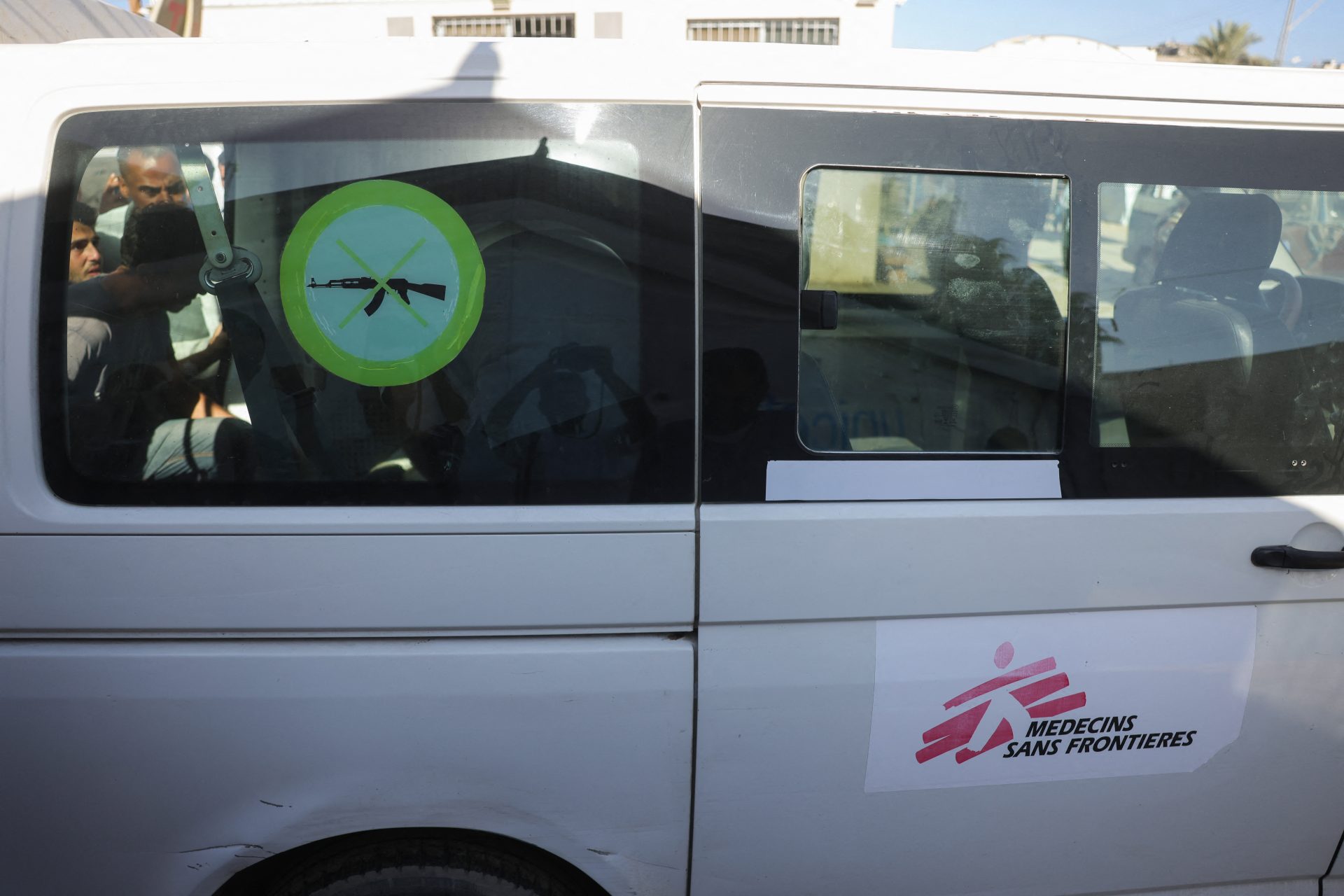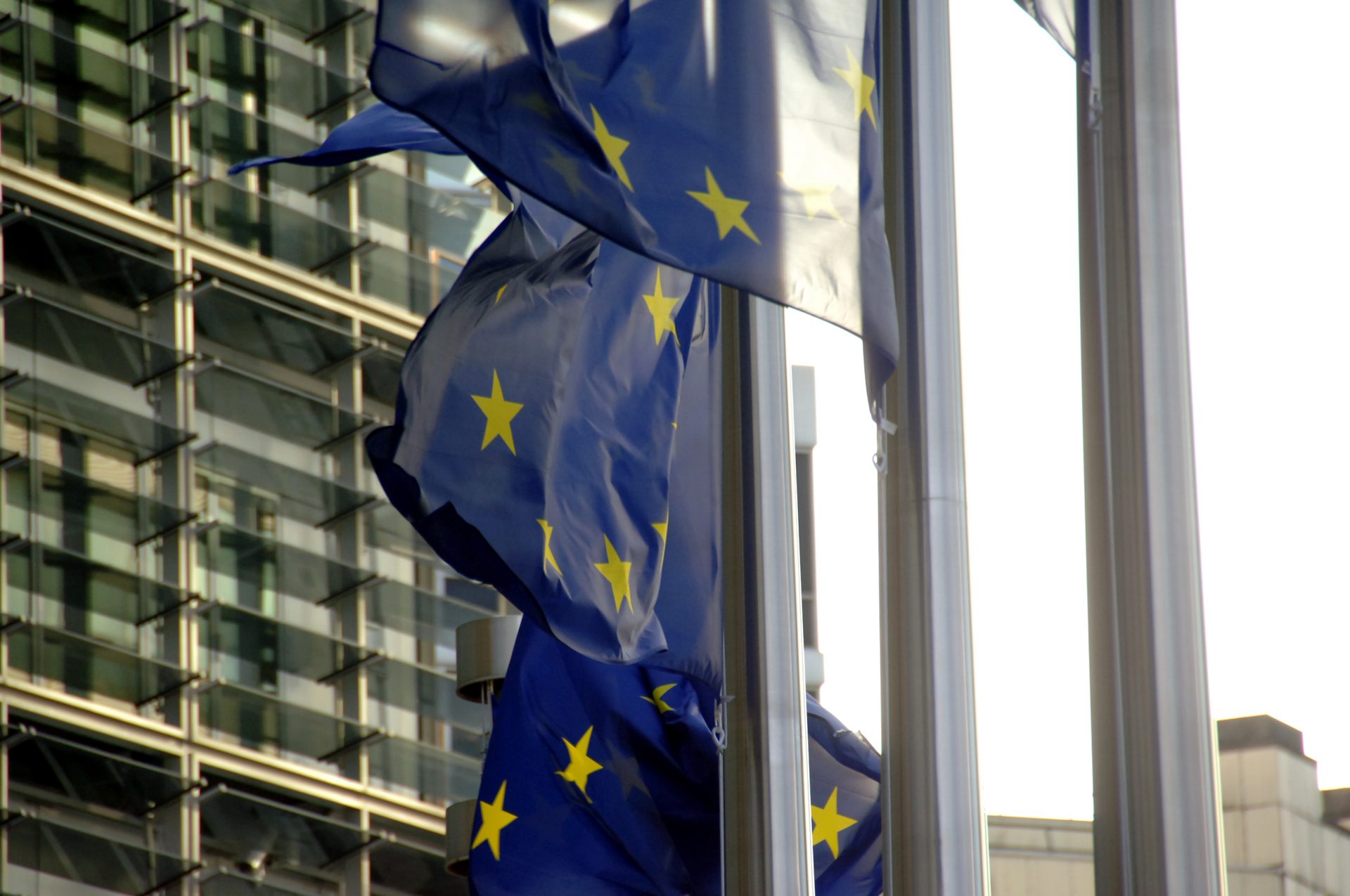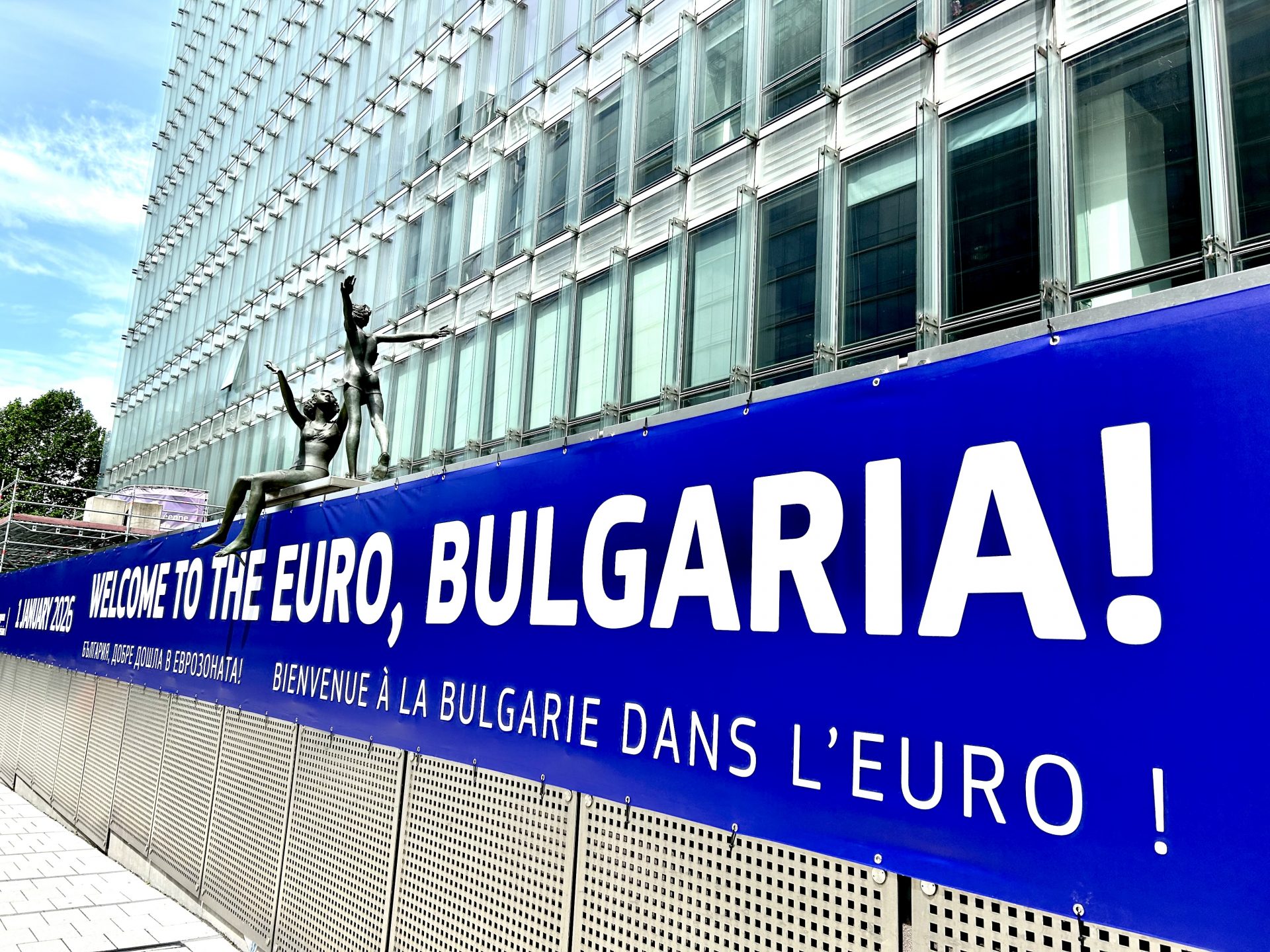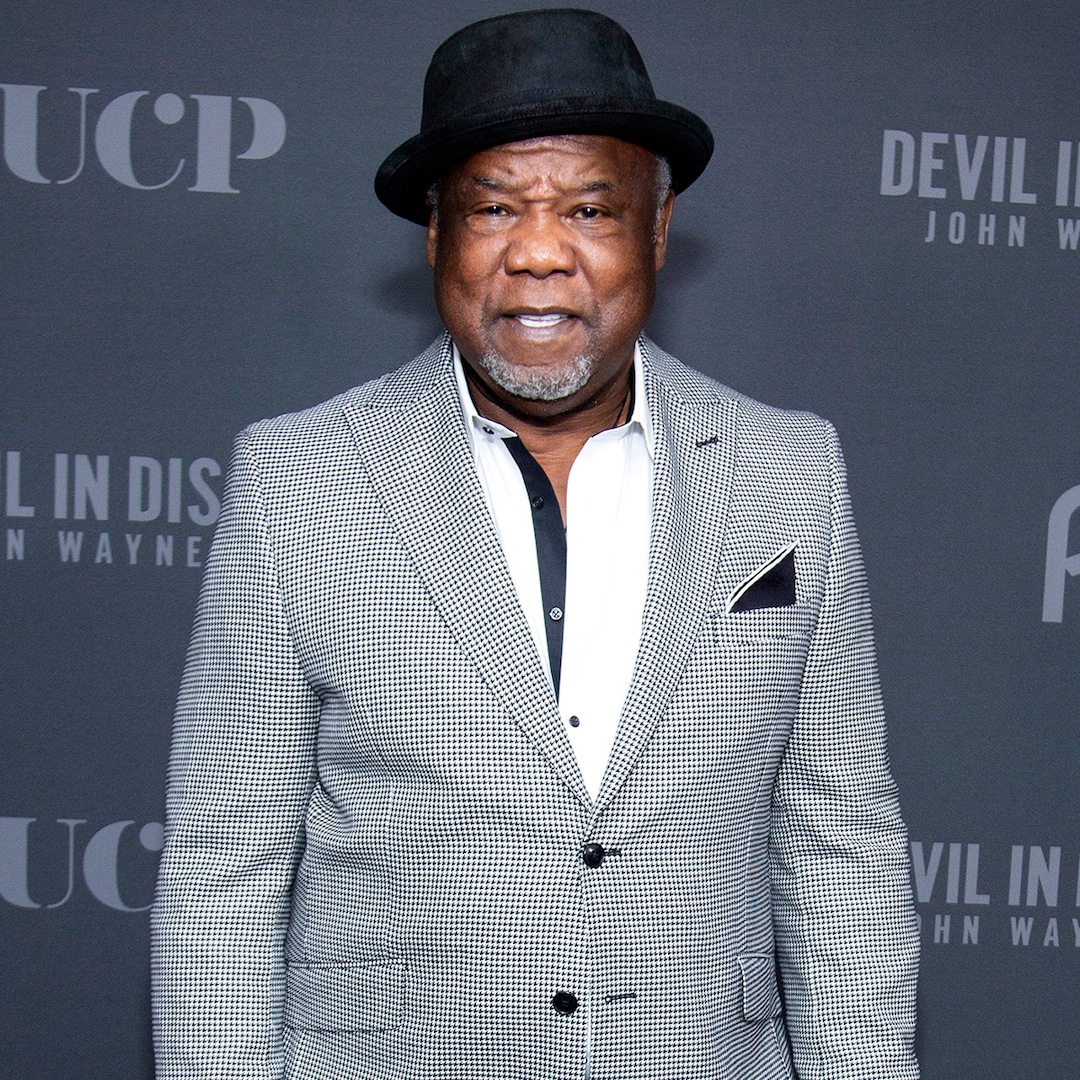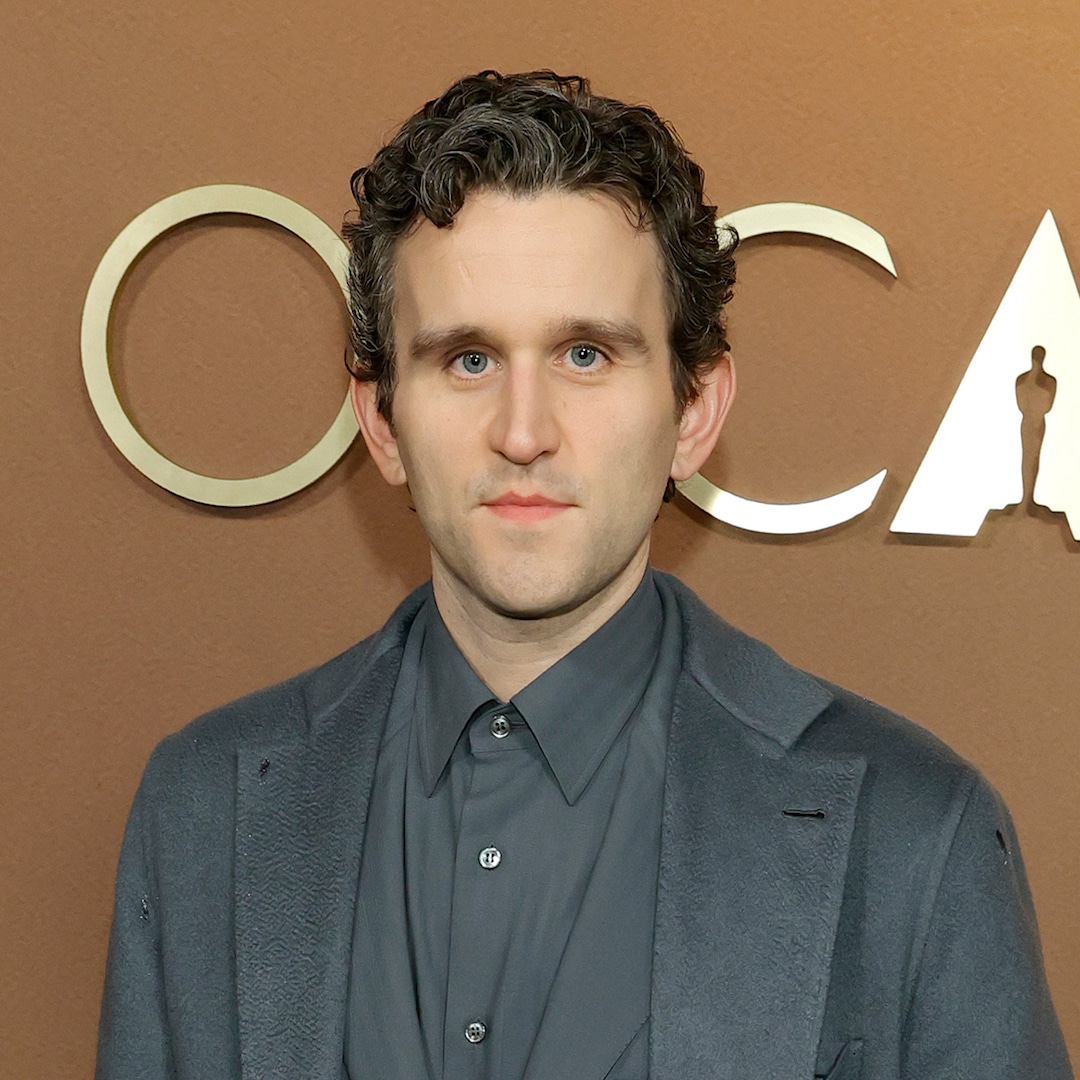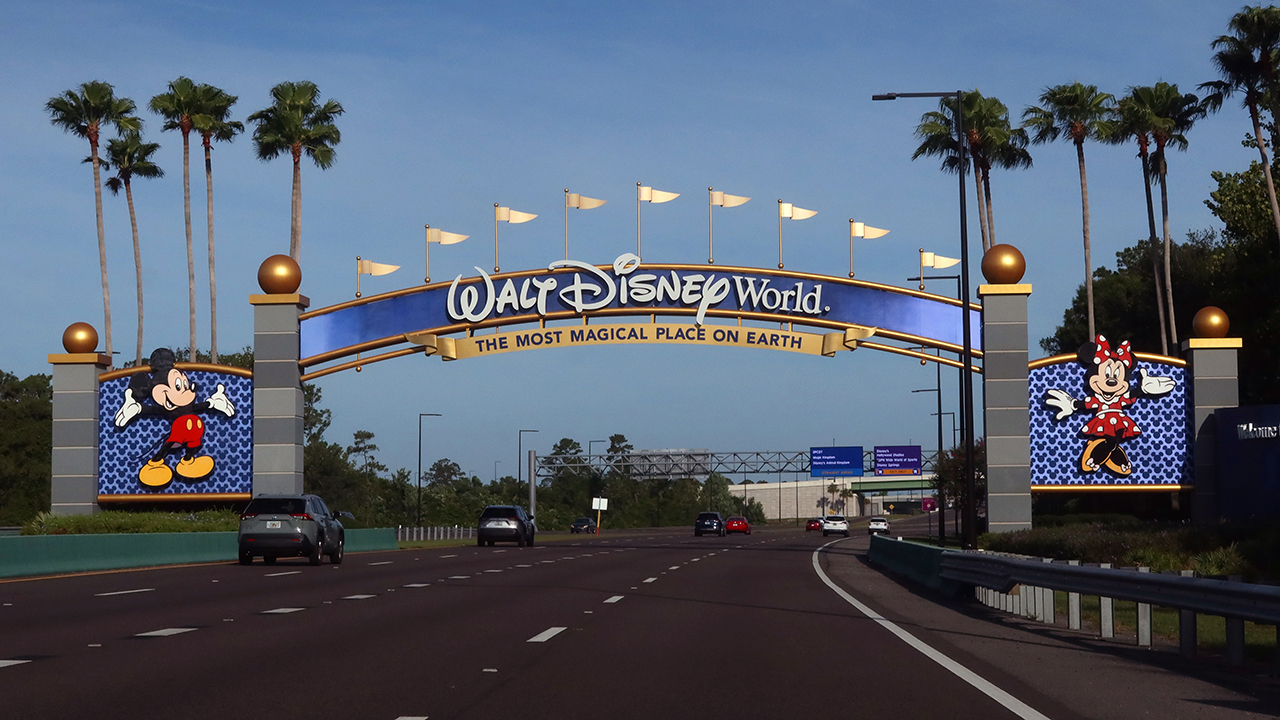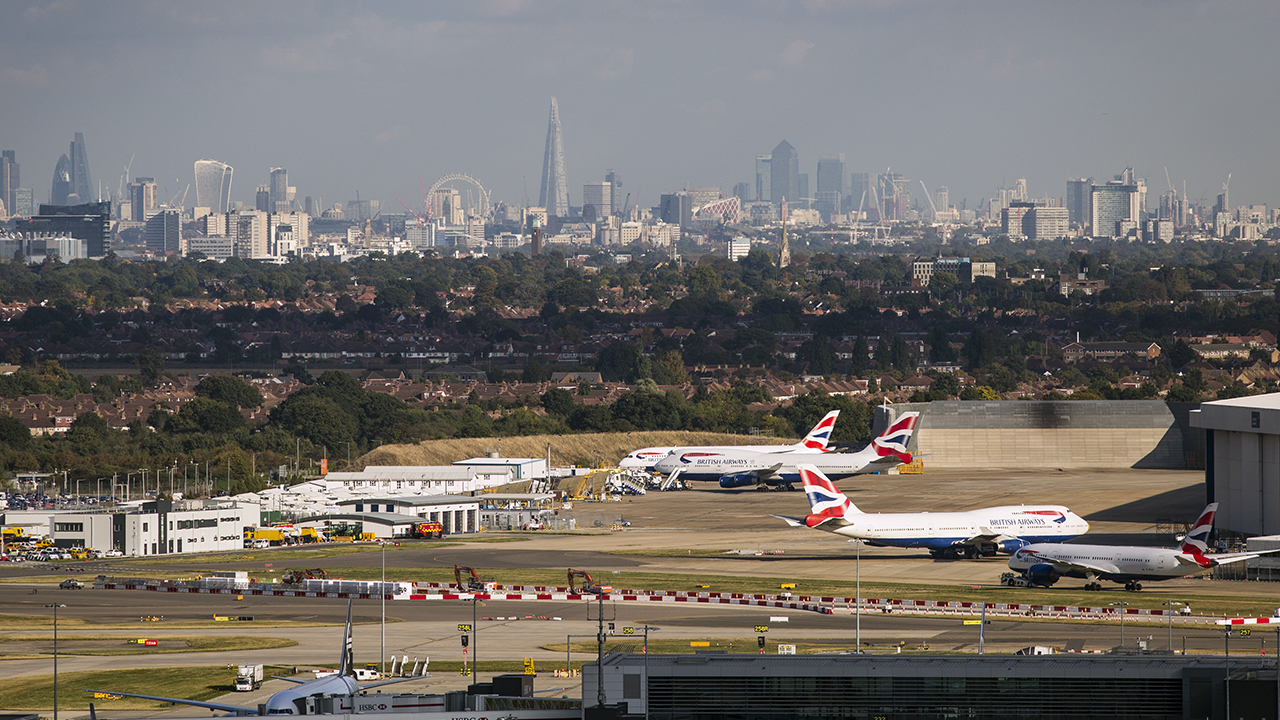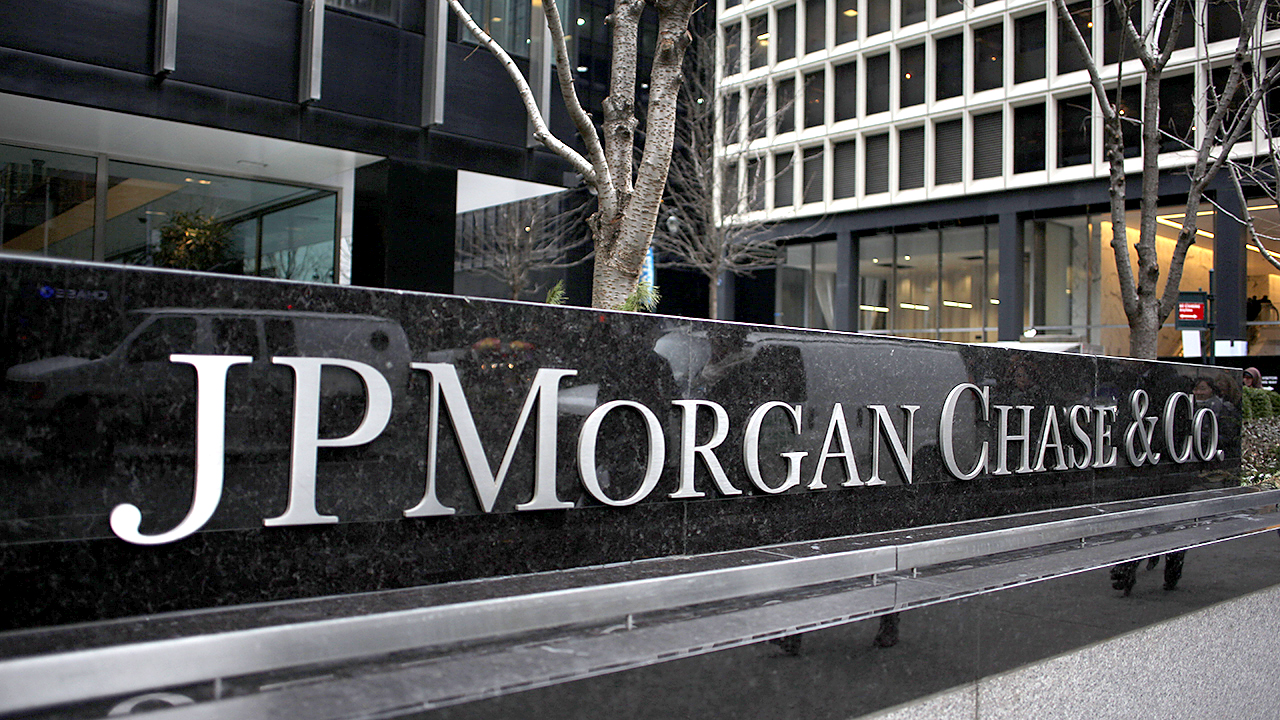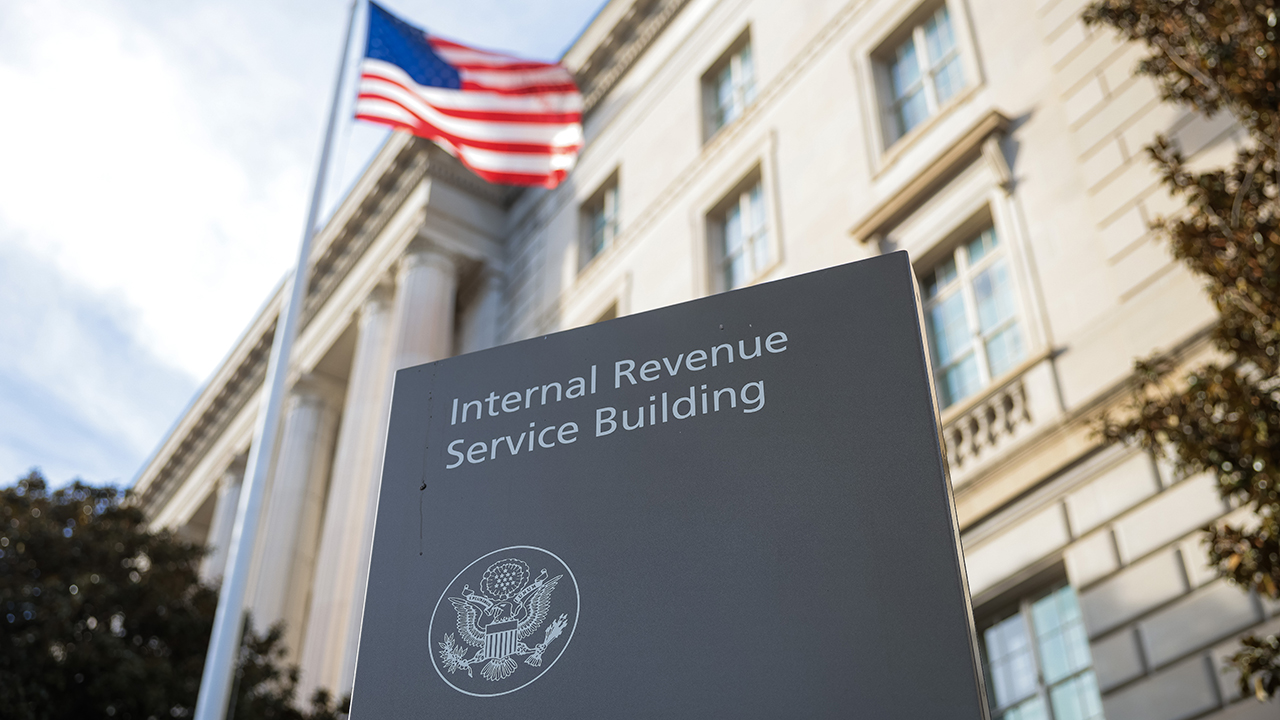Despite economic headwinds, live sports spending is surging and higher than pre-pandemic levels
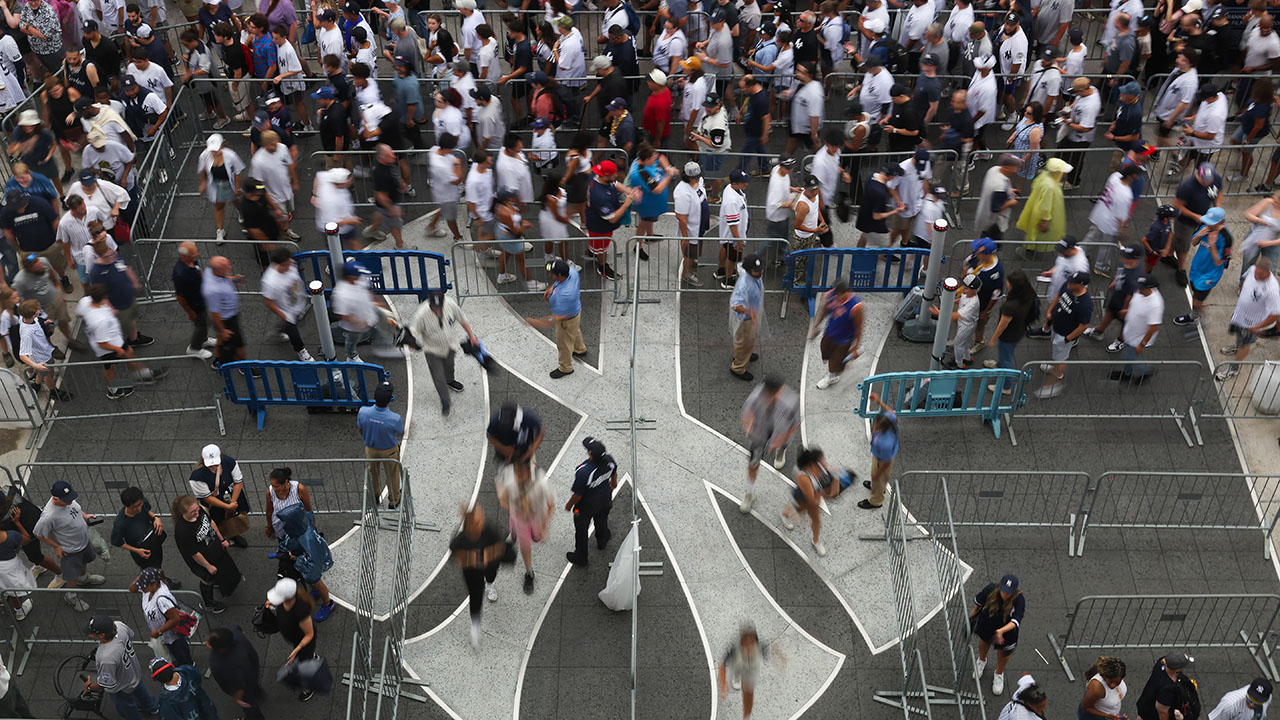
A new analysis from the Bank of America Institute found that consumer spending on live sporting events has risen markedly compared to pre-pandemic levels, which has also spurred a rise in spending at nearby restaurants and bars.
David Tinsley, senior economist at the Bank of America Institute, told FOX Business in an interview that consumers have picked up their spending on live experiences, like sporting events and concerts, which have surged in the years since the pandemic.
"There was a lot of attention to things like Taylor Swift's 'Eras Tour' and those kind of live gigs. But alongside that, spending on spectator sports has actually been stronger than some of that more live entertainment, music-orientated spending," Tinsley explained.
The Bank of America Institute's analysis found that consumer spending on live sports is up 25% compared with 2019 – outpacing the growth in spending on live entertainment like concerts, according to data from the Bureau of Economic Analysis. Attendance at sporting events has also risen, helping to drive that spending higher.
DOJ EXPECTED TO REVIEW ESPN-NFL MEDIA DEAL OVER POTENTIAL COMPETITION CONCERNS: REPORT
The analysis looked at the impact of live sporting events on local economies using Bank of America Institute data, including aggregated and anonymized credit and debit card data, to look at spending in zip codes and stadiums across sporting events and seasons. It reviewed the 2025 FIFA Club World Cup along with Major League Baseball (MLB) games to compare a one-off event to a recurring seasonal event.
At the 12 venues across the U.S. that hosted Club World Cup games, Tinsley said that "within the zip codes in which those games were played over the tournament, we saw big jumps in spending. Roughly speaking, the average spend in zip codes where the tournament took place rose 7% year-over-year, but it peaked at 10% at one point."
Tinsley explained that the rise was driven mostly by consumers spending on food and drinks, though increased spending on parking also factored in. He noted that in the case of the zip code for the MetLife Stadium in East Rutherford, New Jersey, which hosted the semifinals and championship of the Club World Cup, the spending was backloaded around the timing of those games.
SEN JOHN THUNE OFFERS POTENTIAL SOLUTION FOR NIL REFORM: 'LIKE THE NFL WITHOUT A CONTRACT'
The analysis found similar patterns at MLB games, with spending in the zip code around Yankee Stadium in the Bronx up about 25% compared with the offseason, while Citi Field in Queens is also up nearly 29%. Spending on food and drink drove much of that – up about 76% at Yankee Stadium and 66% at Citi Field.
When the Mets and Yankees clashed in the "Subway Series" this year, the average daily spending nearly doubled near Yankee Stadium and was up 60% near Citi Field when compared to the average daily amounts in the same month last year.
"We found the biggest impact in St. Louis and Boston, and spending there is up about 60%, and some with slightly smaller effects," Tinsley said. "That's partly because we've got some where there's a lot more going on, and then also it's sometimes a bit hard to discern the spending impact from games with other activities going on in the neighborhood."
WORLD CUP 2026 EXPECTED TO BRING ECONOMIC BOOST TO AMERICAN HOST CITIES
Aside from the usual seasonal sporting events, the U.S., Canada and Mexico will also host the FIFA World Cup next year with an expanded field of 48 countries whose teams will play a total of 104 games at stadiums around the continent. Eleven stadiums in the U.S. will host games, along with three in Mexico and two in Canada.
"It will not be surprising at all to see a bigger impact next year. It's a bigger deal essentially in the soccer world, the football world, than the Club World Cup," Tinsley added.
GET FOX BUSINESS ON THE GO BY CLICKING HERE
The U.S. last hosted the World Cup in 1994, when it was the sole host of the event, and the event's return is expected to provide economic benefits.
The Bank of America Institute's analysis noted that a study by FIFA and the World Trade Organization estimated the 2026 FIFA World Cup tournament will boost the economy by about $17 billion and support up to 185,000 jobs.
